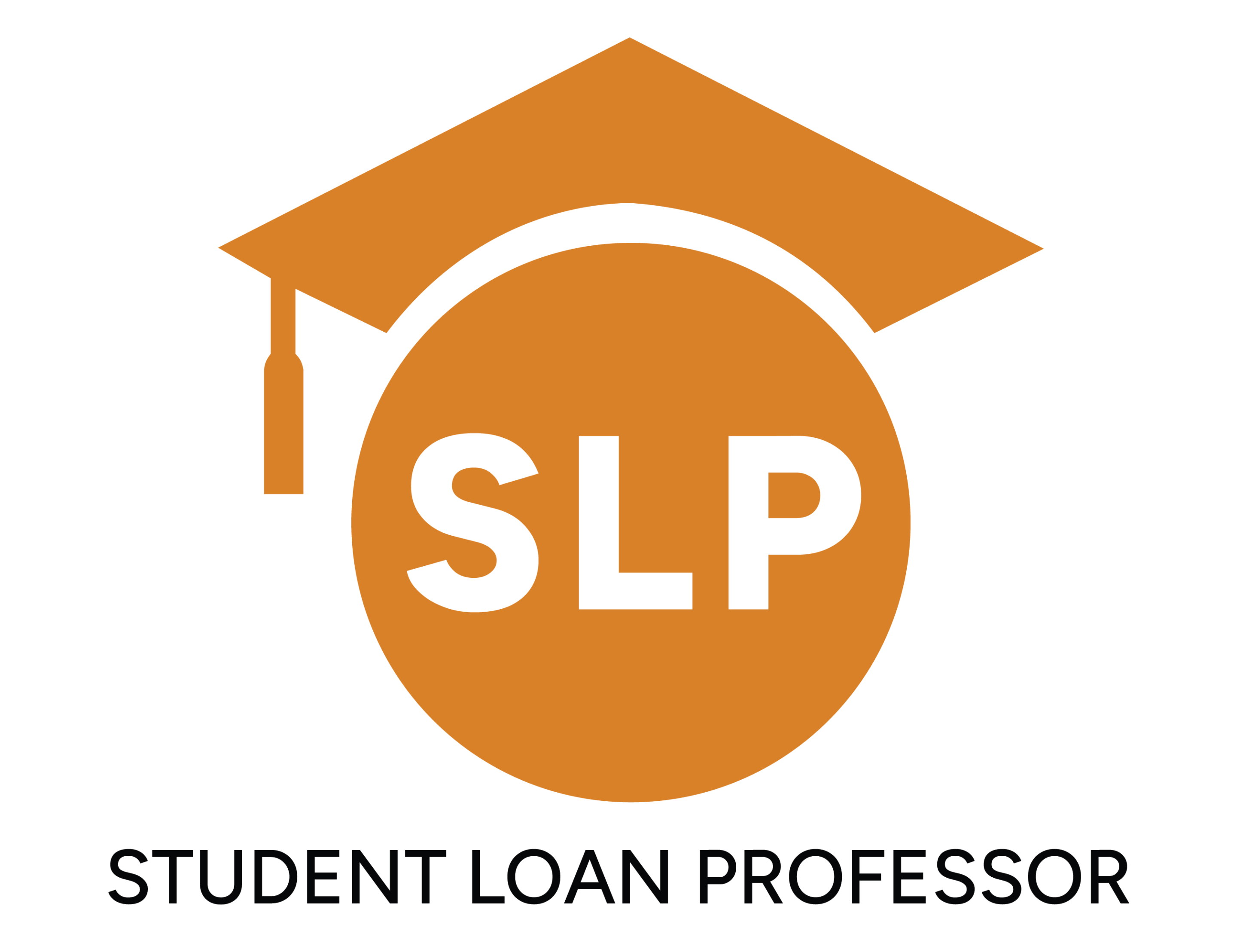August / September 2018
Greetings from DWOQ! We hope this message finds you well as a new academic year is now in full swing.
We wanted to share a few marketplace updates so that you can take any appropriate actions as the student loan marketplace continues to evolve, and the right strategy to maximize the savings available through federal and/or private student loan programs remains a moving target early in your career.
Are you over-reliant on federal loan forgiveness?
This has become an increasingly important question we’ve answered for many of our clients of late, so I’d like to present a few scenarios where loan forgiveness may not be available, at least to the extent that you might be lead to believe, if you’ve recently graduated or are in training. While DWOQ focuses on maximizing forgiveness where it’s available, there are many scenarios where it is NOT, or there are better options available than relying on meeting 10 cumulative years of requirements before PSLF is granted (20-25 years for taxable forgiveness).
For example, I recently consulted with an attending physician who had $100k debt with an over $300k annual income; she seemed discouraged that no federal forgiveness was available even though she had worked in a non-profit environment for the past several years. The reason forgiveness wasn’t applicable was because she deferred her loans during training, which doesn’t qualify for PSLF. Now that her income is high enough that 10% of her discretionary income would equate to an amount HIGHER than her 10-year standard payment, no balance would be left outstanding after 10 years to forgive. She was better off refinancing to lower rates in the private marketplace.
Some profiles, however, are not so cut-and-dry, and I’d like to present a few of them here for your consideration:
- If you’re a graduate health professional in training with a modest income, when you complete your repayment plan enrollment/renewal in an Income-Driven plan (IDR), you must know that the calculations done in the studentloans.gov platform DO NOT contemplate your higher anticipated income in the future. As a result, your forgiveness projections are GROSSLY OVERESTIMATED. You should calculate more realistic numbers yourself, or through an Advisor (wink, wink) who has the analytical tools to effectively do so. That’s what we do for the majority of our fee-based clients.
- If you are currently married to an income-earning spouse, or you plan to be in the future, you must know that to continue to make payments based on your own income, you’ll have to file your taxes Married Filing Separately to keep your IDR payments lower. Filing Separately can add significant cost to six-figure income households, and may price you out of pursuing loan forgiveness.
- If you’re pursuing taxable loan forgiveness at 20-25 years through an IDR, any forgiveness will be accompanied by a tax bill. Every pursuit of taxable forgiveness should contemplate not just your projected payments, but also an estimated tax liability, and saving for this early in your career while payments are low is advised.
- Let’s say you work 8 years for a non-profit employer, and in year 9 your employer is purchased by a for-profit entity. Suddenly, through no fault of your own, you’re not eligible for PSLF anymore and would need to change employers to maintain eligibility. A contingency plan should be in place to prepare for this risk if you don’t wish to change jobs and will ultimately be on the hook for all of your debt accrued to that point.
- I’d be remiss not to mention errors made by borrowers along the way. Even more egregiously, servicers have been under fire for providing misinformation to borrowers pursuing forgiveness. A recent spending bill has allocated some money to honor forgiveness in these cases, but I would not advise anyone to rely on these funds when doing it the right way is an option on your own, or through an advocate like DWOQ.
DWOQ has recently created a “Salary Boost” calculator to help transitioning borrowers who are seeking to determine the value of PSLF. Your DWOQ Advisor can walk you through the analytics, or if you’re not a DWOQ client, you can contact Ina Burgdorf at Ina@slplive.wpengine.com to set up a 15-minute review and analysis.
Forgiveness Protection Planning
If for any reason, over the course of your 10-year pursuit of PSLF, forgiveness becomes no longer available to you, you’ll ultimately be responsible for all of your principal PLUS the interest that has accrued along the way. To mitigate this risk, DWOQ recommends funding a savings or investment account to grow along with your debt. If after 10 years, forgiveness is granted tax-free, you’ll then have access to these funds to allocate towards other vehicles (or, heck, a new car!).
This concept also applies to those seeking TAXABLE forgiveness through an IDR after 20-25 years. You should be saving EVERY YEAR to prepare for this liability so that it doesn’t break the bank when the tax bill arrives. While we’re hopeful this liability will be removed in the future, it’s imperative to prepare for it now.
In an effort to better serve our clients and the institutions who employ them, DWOQ will soon be rolling out a new offering called the FPP (Forgiveness Protection Plan) in connection with our partner RIA. We’ll provide more details in the coming weeks, but if you wish to take action on ensuring that your savings strategy is aligned with your accruing debt, contact your DWOQ Advisor anytime, or register for a consultation HERE.
New IRS Ruling: Student Loan Employer Benefits
Well how’s that for a segue? If you haven’t already heard, a recent IRS private letter ruling requested by an unnamed firm (who was seeking to offer a student loan benefit to their employees, something less than 1 in 20 employers do today) is permitting the firm to contribute up to 5% of salary to their qualified retirement plan as a contribution match as long as the employee can document that they’ve paid at least 2% of their income to student loans in that year.
I’ll do some quick math for you…IBR, PAYE and REPAYE payments will amount to over 2% of your income in most cases. Basically, this ruling represents the government recognizing that graduates with student debt burdens that prevent them from making retirement plan contributions shouldn’t be excluded from participating in an employer match program. While the ruling was a private one, word is getting out and we expect this to become a greater consideration for employers in the near future.
In fact, we’re going to bring it to the attention of the clinician employers we work with currently… in the interim, this is definitely a marketplace update to be aware of and bring to the attention of any firms who recruit you.
’til DEBT do us part,
Brandon Barfield is the President and Co-Founder of Student Loan Professor, and is nationally known as student loan expert for graduate health professions. Since 2011, Brandon has given hundreds of loan repayment presentations for schools, hospitals, and medical conferences across the country. With his diverse background in financial aid, financial planning and student loan advisory, Brandon has a broad understanding of the intricacies surrounding student loans, loan repayment strategies, and how they should be considered when graduates make other financial decisions.




